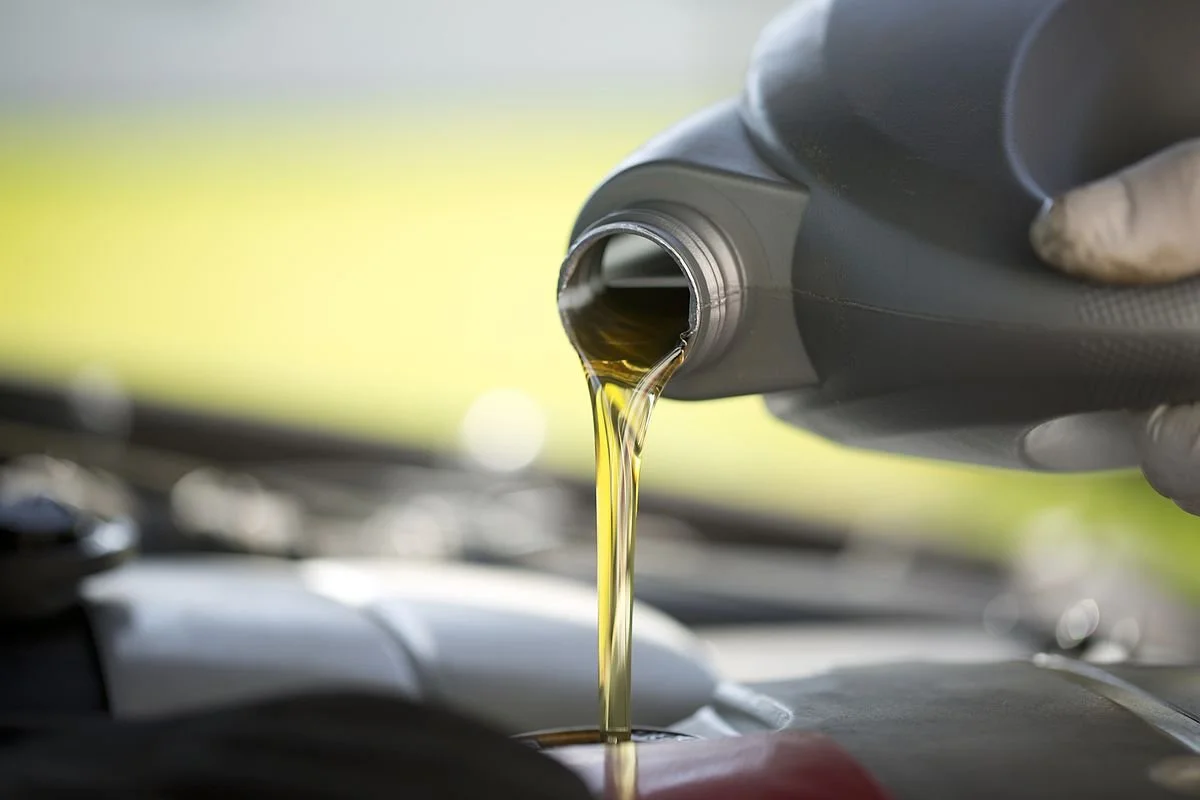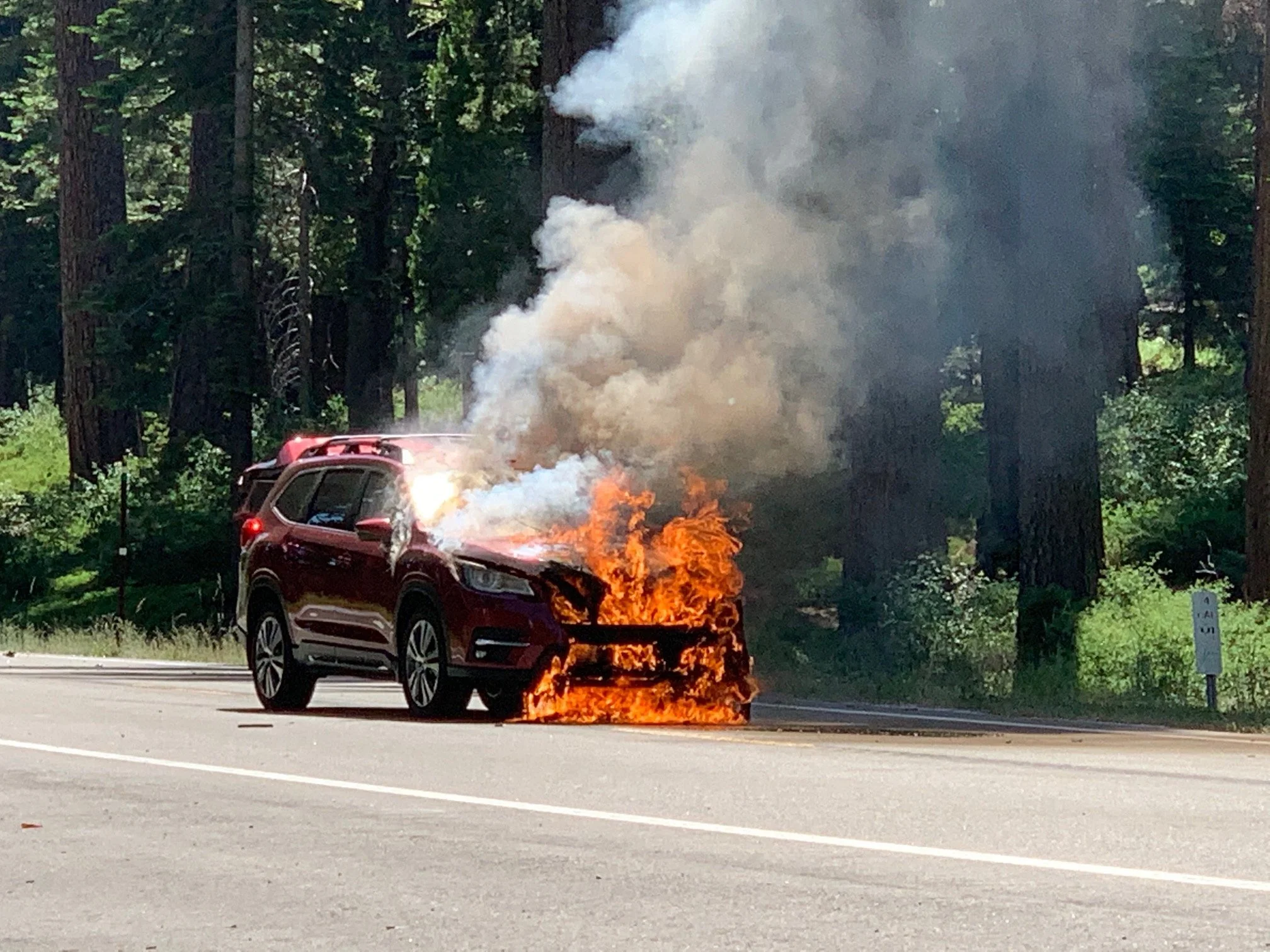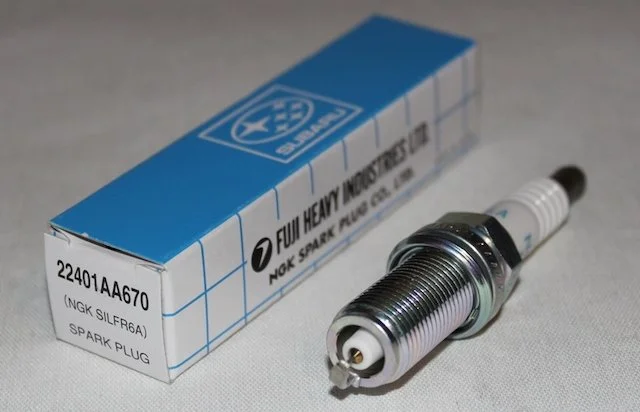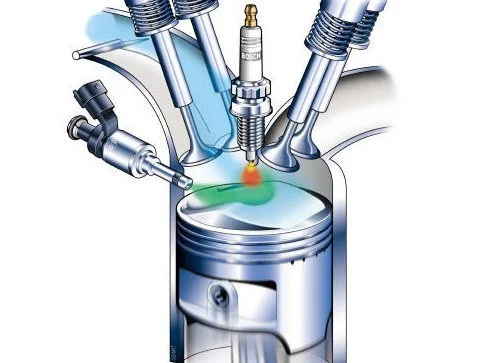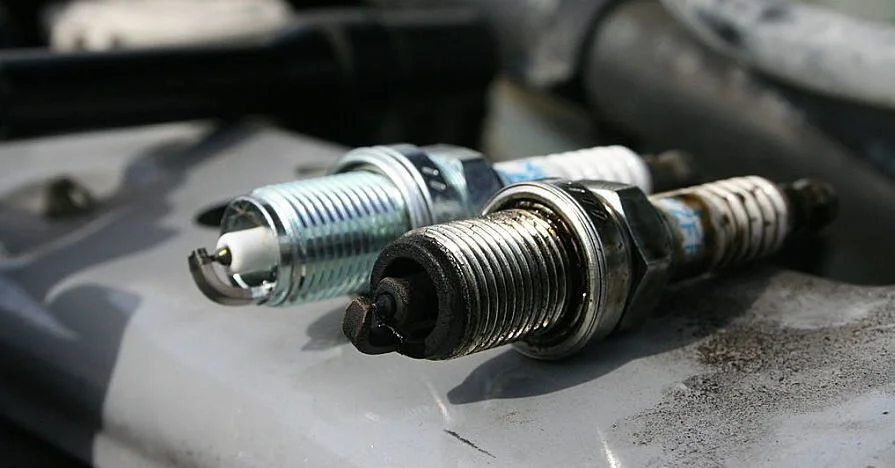
Oil Leaks: Why should we fix them?
Oil leaks
Your vehicle's engine is the heart of your car, and keeping it in good condition is essential for optimal performance and longevity. One issue that can arise with any car is an oil leak. Oil leaks can occur for many reasons, including worn gaskets, damaged oil seals, or a faulty oil pan. Regardless of the cause, it's essential to fix oil leaks as soon as possible. Here are some reasons why.
Protecting the Engine
Your engine relies on oil to lubricate its many moving parts. If your car is leaking oil, the engine may not receive the proper amount of lubrication it needs to function correctly. Over time, this can cause increased wear and tear on the engine, which can result in costly repairs or even engine failure. By fixing oil leaks promptly, you can help ensure that your engine stays healthy and runs smoothly for years to come.
Maintaining Optimal Performance
A well-maintained engine is essential for optimal performance. When your car is running smoothly, you'll enjoy a comfortable and reliable ride. However, when your vehicle is leaking oil, you may notice a decrease in performance. Oil leaks can lead to reduced fuel efficiency, decreased power, and even stalling. By fixing oil leaks, you can help maintain optimal performance and ensure your car runs as smoothly and efficiently as possible.
Saving Money in the Long Run
While fixing oil leaks may seem like an unnecessary expense, it can save you money in the long run. If left unchecked, oil leaks can cause significant damage to your engine, which can be costly to repair or replace. Additionally, oil leaks can lead to decreased fuel efficiency, which can result in higher fuel costs over time. By fixing oil leaks promptly, you can prevent further damage and save money in the long run.
Preserving the Environment
Oil leaks can be harmful to the environment. When oil leaks from your car, it can contaminate the ground, water, and air. The oil can also harm wildlife and vegetation in the surrounding area. By fixing oil leaks promptly, you can help prevent environmental damage and reduce your impact on the planet.
Ensuring Safety
Oil leaks can be hazardous, especially if the oil drips onto hot engine components or the road surface. This can cause a fire hazard or make the road surface slippery, leading to a potential accident. By fixing oil leaks, you can ensure your safety and the safety of those around you.
Conclusion
In conclusion, fixing oil leaks is essential for protecting your engine, maintaining optimal performance, saving money in the long run, preserving the environment, and ensuring safety. If you notice that your car is leaking oil, it's important to have it inspected by a qualified mechanic as soon as possible. By taking care of your car and addressing any issues promptly, you can enjoy a safe, reliable, and comfortable ride for years to come.
Spark Plugs: Why should you replace them?
What are Spark Plugs?
The spark plugs in your Subaru play a vital role in the operation of your engine. They provide the spark that ignites the fuel and air mixture in the combustion chamber, powering the engine and allowing you to drive. Over time, spark plugs can wear down and become dirty, affecting engine performance and potentially causing damage. In this blog, we'll discuss why changing spark plugs is important on a Subaru and what signs to look out for that indicate it's time for a replacement.
Why Should you replace them?
One of the primary reasons to change spark plugs on a Subaru is to ensure optimal engine performance. When spark plugs become dirty or worn down, they can misfire, causing engine hesitation, stalling, and reduced power. This can make it difficult to drive, especially on hills or when accelerating quickly. Replacing the spark plugs can restore engine power and improve fuel efficiency, helping you get the most out of your vehicle.
Another reason to change spark plugs on a Subaru is to prevent damage to other engine components. When spark plugs misfire, it can cause unburned fuel to enter the catalytic converter, potentially causing damage to this important emissions control component. Additionally, misfiring spark plugs can cause damage to the engine's pistons and valves, leading to costly repairs down the line. By replacing spark plugs regularly, you can prevent these issues from occurring and prolong the life of your engine.
How Do I know when they need to be replaced?
So how can you tell if it's time to change spark plugs on your Subaru? One of the most common signs is a noticeable decrease in engine power and acceleration. You may also experience rough idling or engine hesitation, particularly when accelerating or driving uphill. In some cases, you may even hear a knocking or pinging sound coming from the engine. Additionally, if you notice a significant decrease in fuel efficiency, it may be time to replace your spark plugs.
Conclusion:
Changing spark plugs on a Subaru is an important part of maintaining optimal engine performance and preventing damage to other engine components. Signs that it's time for a replacement include reduced engine power, rough idling, and decreased fuel efficiency. By having your spark plugs inspected and replaced regularly, you can ensure that your vehicle is running smoothly and avoid costly repairs down the line. If you suspect that your spark plugs may need replacement, don't hesitate to call PM Autoworks to have them inspected by a qualified mechanic.
Oil Changes: Why Is It Important?
When we talk about car maintenance, oil changes are at the top of the subject. Why? Engine oil is Vital to the health of the engine & is the life blood that keeps it going. It is the lubrication that the mechanical parts need to keep moving and to stay cool. Without oil the engine would literally eat itself up and fail within minutes.
Engine Oil: Why is it important?
When we talk about car maintenance, oil changes are at the top of the subject. Why? Engine oil is Vital to the health of the engine & is the life blood that keeps it going. It is the lubrication that the mechanical parts need to keep moving and to stay cool. Without oil the engine will destroy itself from all the friction between the internal components.
What happens if you don’t change your engine oil?
If we don’t change our engine oil on time as per recommended by manufacturers, two things can happen: Oxidation and Contamination of the lubricant. Both of these things can have very adverse effects on the engine as we’ll see why in a moment.
Oxidation is the process in which a substance is chemically combined with oxygen. When you leave an Avocado out and it starts to turn brown, that process is called oxidation. Just like the Avocado, our engine oil is no exception. During normal engine operation, the engine oil temperature increases which also increases the rate of the chemical process. This can result in several problems including….
Formation of sludge and deposits that reduce engines efficiency and increase the risk of engine failure
Increased oil viscosity which reduces mechanical efficiency and fuel economy.
Additive depletion, reducing the effectiveness of the oil
To fight against oxidation manufacturers are now switching to Synthetic oils which has a much higher resistance to the chemical process. This is why it is important to use high quality fluids when servicing your vehicle.
When it comes to oil Contamination there are two types: Abrasives and Fluids
Abrasives are the top problem-inducing contaminants because they tend to cause the most damage. These can include dust and dirt that gets into the engine and circulates through the oiling system. Although there is an oil filter to help prevent this type of damage, some particles are small enough to make it past the filter.
Water and Fuel contamination is also an enemy as far as oil is concerned. Water and Fuel can find itself trapped inside oil which has a laundry list of adverse effects. This is especially true if we take short trips without warming up the engine. Water can cause iron or steel parts in the engine to rust which not only causes them to deteriorate, but turns them into an abrasives. Water is also a very bad lubricant and will increase engine wear if to much is present.
What does this all mean?
If you want to keep your car running smooth and avoid catastrophic engine failure: Change your cars engine oil as per recommended by manufacturer! For some cars this may be every 3,000 miles and others every 7,000 miles. All in all it’s good insurance. You can change your oil yearly for ~$300 or risk engine repairs up to ~$6,000. The choice is yours.
Ask PM Autoworks about your Factory Subaru oil change intervals and see how we can help you avoid engine damage.



